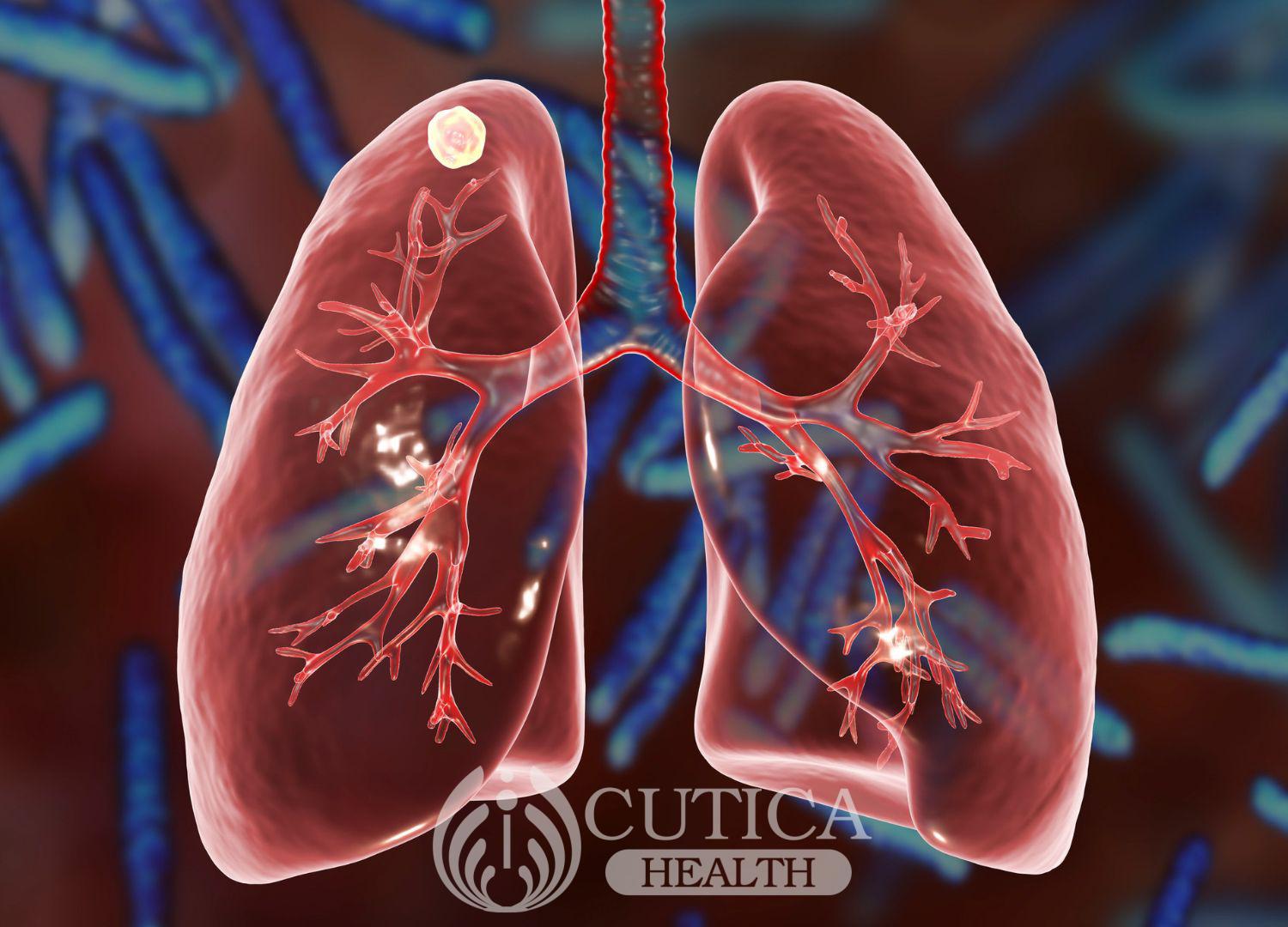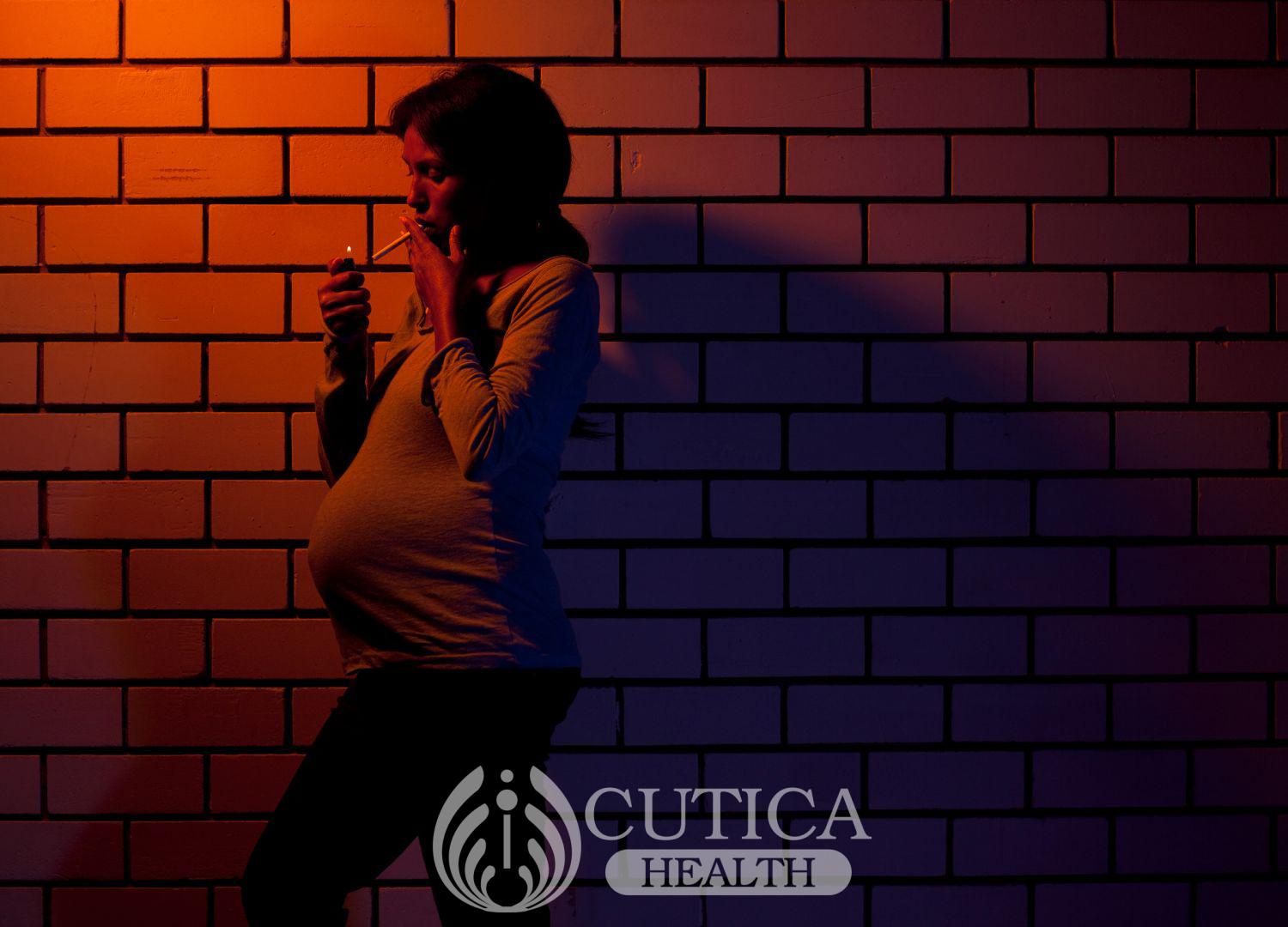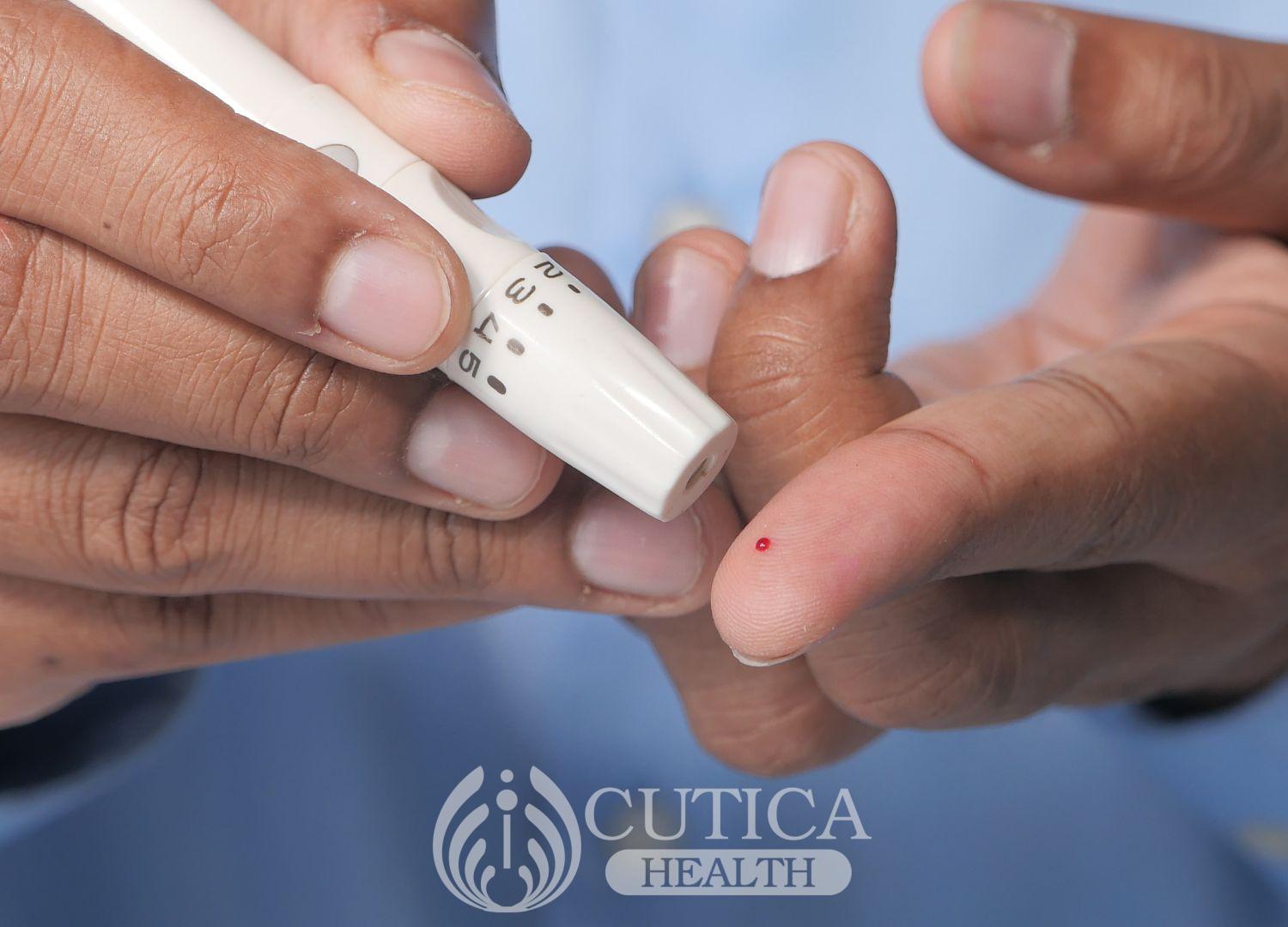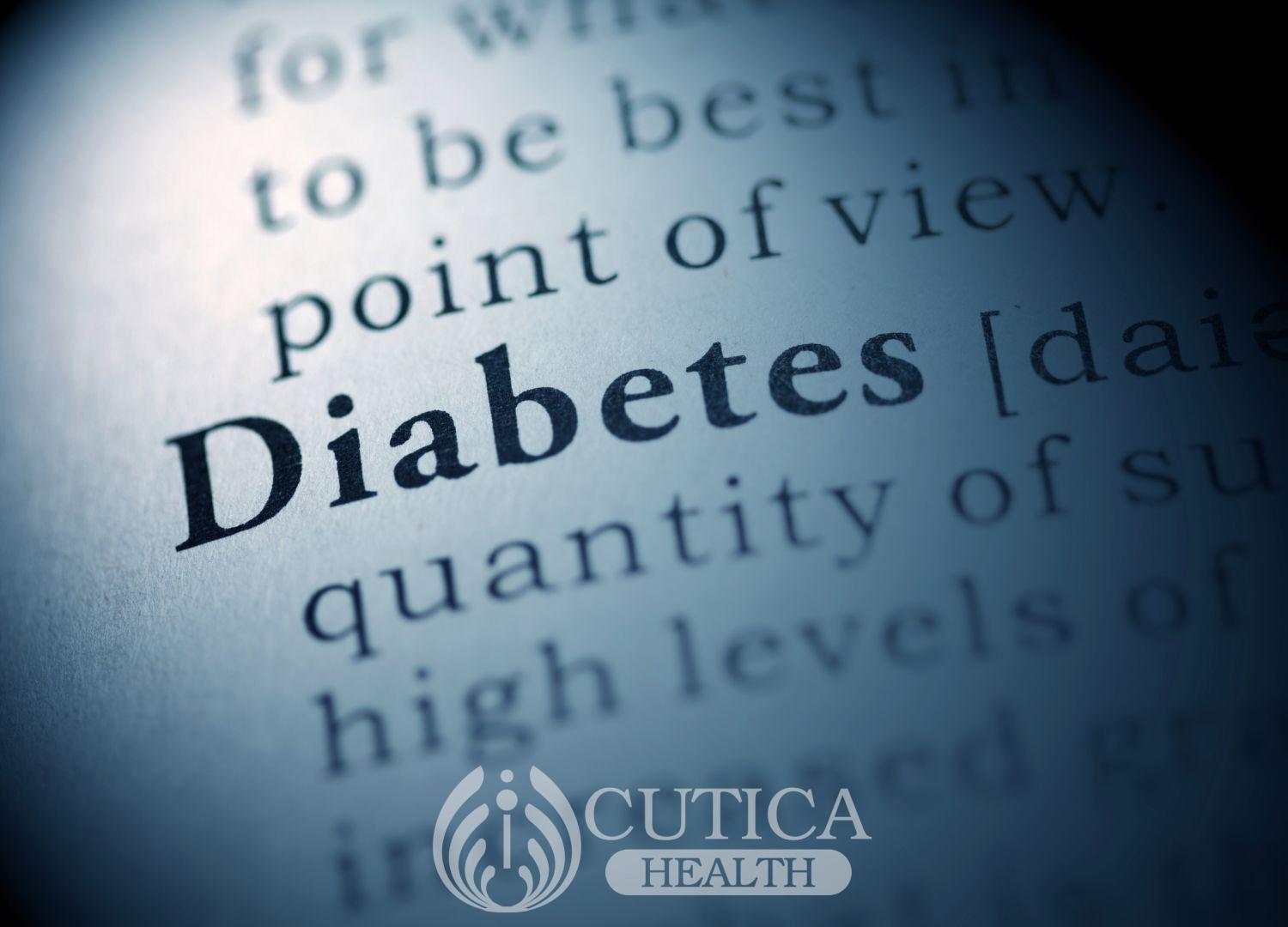
Hypertension or high blood pressure is described as a “silent killer” because it is a risk factor for the major causes of death worldwide including heart failure and stroke. As a result, hypertension remains the number one cause of early death worldwide. But what is it? When is one said to have hypertension, and how can one prevent and treat it?

Hypertension is a condition in which the blood pressure is too high - above 140/90 millimetres of mercury (mmHg). The blood pressure is the force exerted by circulating blood against its containing vessels, and normal blood pressure is less than 120/80 mmHg.
Causes of Hypertension
Most cases of hypertension have no known cause; however, there are factors that can raise your risk of having it. These include:

Unhealthy dietary habits: excessive salt consumption and high intake of saturated and trans fats such as cheese, red meat, butter, and baked goods.
- Physical inactivity: For instance, prolonged sitting at work.
- Excess alcohol consumption
- Tobacco smoking
- Obesity
- Family history of hypertension
- Advancing age: hypertension is commoner in people older than 45 years old.
A few cases of hypertension have direct causes such as underlying kidney disease, congenital heart disease, diabetes, and hormonal disorders including Cushing’s syndrome.
Complications of Hypertension
Hypertension is a global problem because of the high mortality rates associated with its complications. These complications include:
- Heart failure
- Heart attack and angina
- Irregular heartbeat
- Kidney failure
- Stroke
How do I Treat and Prevent Hypertension?
You can lower your risk of having hypertension by adopting some healthy dietary and lifestyle changes such as:

- Eat lots of fruits and vegetables. Also, eat lots of whole grains, low-fat dairy products, nuts, and fish.
- Increase your physical activity: you can do this by performing exercises such as brisk walking for at least 20 minutes five days a week.
- Quit tobacco smoking
- Salt restriction: reduce your salt intake to less than 5g daily.
- Lower your intake of alcohol
- Reduce your intake of foods high in trans fats and saturated fats

If you have been diagnosed with hypertension, you still have to adopt these measures to keep your blood pressure normal and reduce your risk of complications. Furthermore, your doctor will prescribe some blood pressure-lowering medications to keep your blood pressure normal.
Remember, hypertension is a silent disease and may only begin to show symptoms when it has caused some organ damage. Ensure you check your blood pressure regularly.












